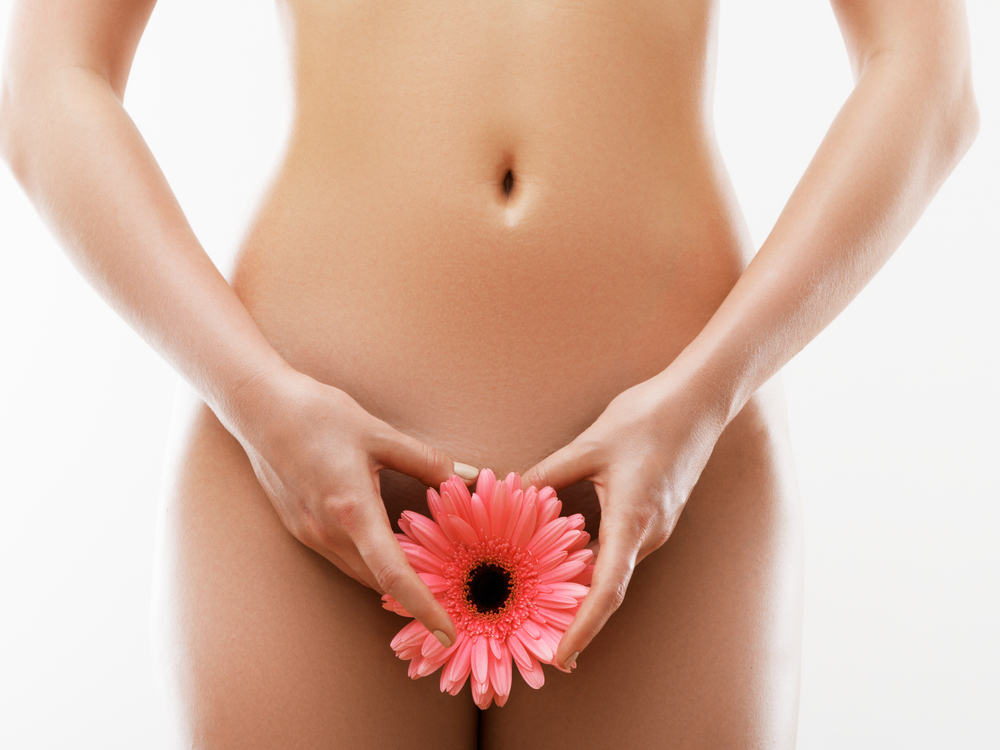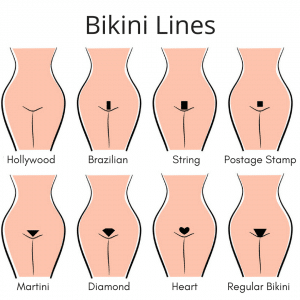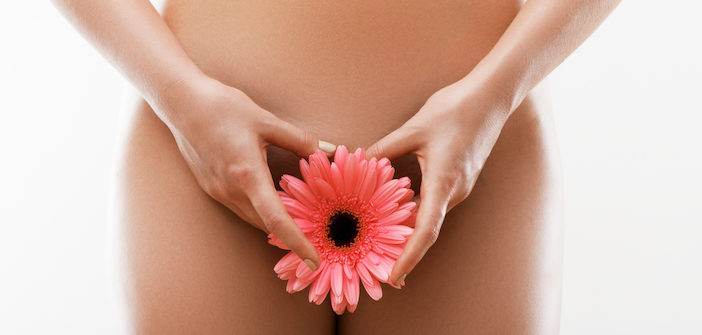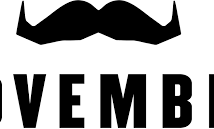Some of us are no strangers to No-Shave November. No-Shave November is a month-long journey during which participants forgo shaving and grooming in order to evoke conversation and raise cancer awareness. It started as something for men to raise awareness for prostate cancer by letting their beards grow out all month long, but it’s 2019 and we don’t play by those rules anymore. No-Shave November can be for everybody.

In the spirit of No-Shave November, I’m taking a look at body hair that everybody has – the pubes.
Men and women both have it and have our own grooming preferences. For women, I’ve heard everything from how pubic hair shouldn’t be groomed because if the body grew it, it must be there for a reason to how it needs to be waxed on a regular basis to stay hygienic. Just who’s actually got their hair facts straight?

Contrary to some beliefs, pubic hair actually serves a purpose.
Reducing friction
The skin on your genital region is delicate. Pubic hair acts like a protective buffer, reducing friction during sex and other activities. Some sources even refer to pubic hair as a “dry lubricant.” That’s because it’s easier to rub hair against hair than it is to rub skin against skin.
Protection from bacteria and other pathogens
Pubic hair serves a similar function to eyelashes or nose hair. That is, it traps dirt, debris, and potentially harmful microorganisms. In addition, hair follicles produce sebum, an oil that actually prevents bacteria from reproducing.
Your pubic hair protects against certain infections, including:
- cellulitis
- sexually transmitted infections (STIs)
- urinary tract infections (UTIs)
- vaginitis
- yeast infections
Signals reproductive ability
This one’s pretty useless but pubic hair appears at puberty. It’s a physical sign of sexual maturity one’s ability to reproduce.
Pheromone transmission
Another theory links pubic hair to the transmission of pheromones or scent-carrying chemical secretions that affect mood and behavior. Pheromones are secreted from apocrine sweat glands. Compared to other areas of the body, the pubic region has a lot of these glands. Therefore, as the theory goes, pubic hair may trap pheromones, increasing how attractive we appear to potential sex partners even though we spend over USD 500 billion a year on the beauty industry to eliminate our natural body odor and chance our appearance with makeup.
So, here’s the question. With obvious advances on personal hygiene, do we still need to keep our down their hair?
No. Waxing and shaving is a norm for men and women. It’s all based on your personal preference. Whether you’re going for a full Brazilian, landing strip, trimming the hedges, growing a wild bush, it’s all perfectly normal. In other words, you do you.
Shaving and Waxing
The two most common methods of hair removal are shaving and waxing. There’s also laser, creams, and threading but for most of us, it’s still the classic wax vs. shave.

Shaving is the easiest method. You can do it every time you shower, but the downside is that your hair ends up growing back pretty quickly. You’re also supposed to keep your razor blades fresh and new, and from personal experience, I can tell you that I’ve got too much going on in my life to remember to change my razor blazes regularly. Occasionally I’d end up with dull razors blades and lot of razor burns.

Waxing is a more care-free method. Sure it hurts (and don’t believe anyone who tries to convince you otherwise), but you don’t need to worry about it for weeks. Waxing can get pretty pricy but when it comes to your hoo-hoo health, don’t cheap out. It should go without saying that the wax applicator stick should be thrown away after each use, but there are salons in Beijing that don’t follow this rule. Don’t ever, ever, ever use a waxing place that doesn’t voluntarily throw away sticks after each application. If you need to ask them to do it, chances are that hot pot of wax has been previously double dipped. Point out that it’s an unacceptable sanitation practice and leave.
Photos: unsplash, giphy, totallysororitymove.com
Source: https://no-shave.org/, https://www.healthline.com/health/purpose-of-pubic-hair#primary-purpose




